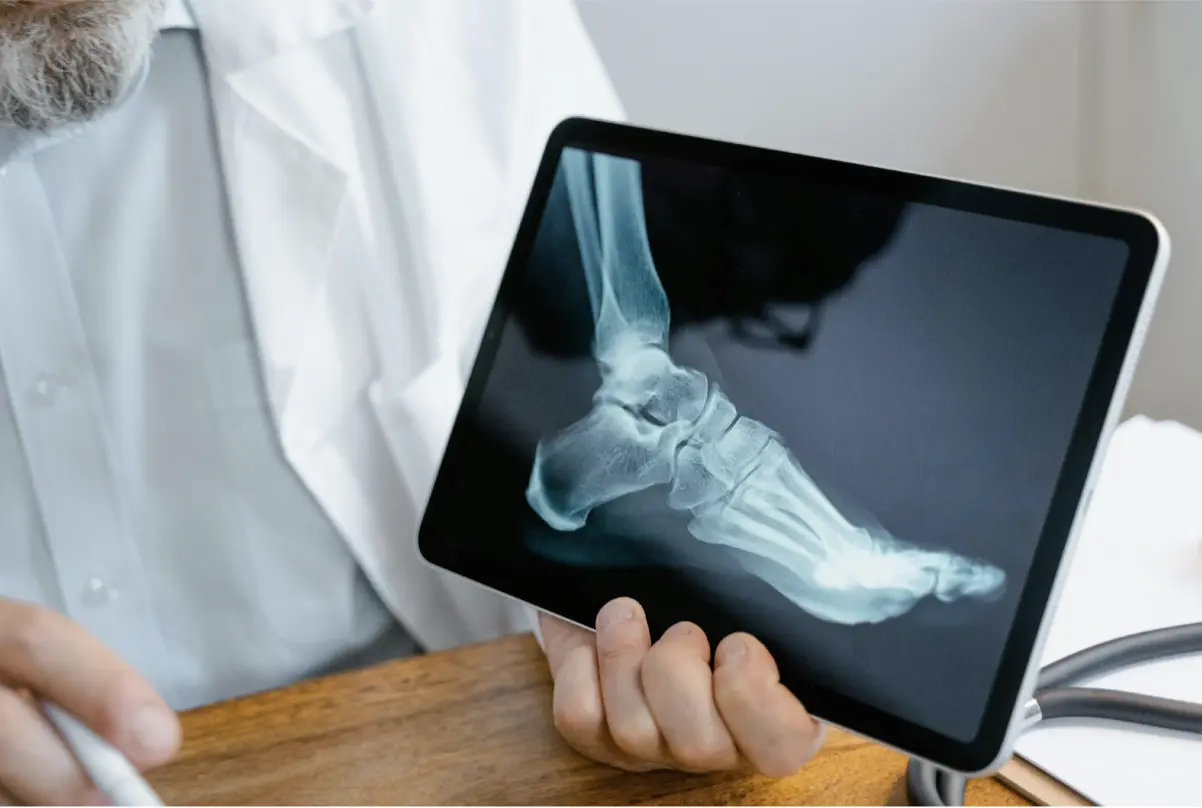Introduction: Stepping into the World of Medical Imaging
Imagine being at the forefront of medical diagnostics, where every image you capture could be the key to unlocking a patient’s health mystery. Radiography is more than just a career – it’s a critical gateway to understanding the human body’s intricate landscape, where technology meets compassionate healthcare.
For aspiring healthcare professionals, career changers, and students in the UK and internationally, radiography offers an exciting and dynamic pathway that combines technical expertise with profound human impact. This comprehensive guide will explore everything you need to know about radiography, from its core principles to the incredible opportunities that await.
What is Radiography? Understanding the Essentials
Radiography is a specialised healthcare profession focused on creating medical images using advanced technological equipment. While often confused with radiology, radiography is distinctly different and equally crucial in the medical diagnostic process.
Radiography vs. Radiology: Clearing the Confusion
Many people use these terms interchangeably, but there’s a significant difference:
Radiographers are professionals who operate imaging equipment and capture medical images
Radiologists are medical doctors who interpret these images and diagnose conditions
Think of radiographers as the skilled technicians who capture the visual evidence, and radiologists as the medical detectives who analyse those images.
Why Pursue a Career in Radiography?
Compelling Reasons to Choose Radiography
High-Impact Healthcare Role Radiographers play a pivotal role in patient diagnosis and treatment. Your work directly contributes to identifying critical health conditions, potentially saving lives through early detection.
Technological Innovation The field is constantly evolving, with cutting-edge technology like advanced MRI, CT scanners, and digital imaging techniques. For tech-enthusiasts who love healthcare, this career offers continuous learning and innovation.
Diverse Specialisation Opportunities Radiography isn’t a one-size-fits-all career. Specialisations include:
Diagnostic Radiography
Therapeutic Radiography
Specialised imaging like mammography
Interventional radiography
Competitive Compensation In the UK, radiographers enjoy competitive salaries, with experienced professionals earning attractive packages and significant career progression opportunities.
How to Become a Radiographer: Your Roadmap to Success
United Kingdom
Educational Pathways
To embark on your radiography journey, you’ll need:
Undergraduate Degree: A BSc (Hons) in Radiography, typically a 3-4 year programme
Accreditation: Registration with the Health and Care Professions Council (HCPC)
Continuous Professional Development: Ongoing training and specialisation
Top Universities for Radiography in the UK
Some renowned institutions offering exceptional radiography programmes include:
University of Manchester
King’s College London
University of Glasgow
University of Surrey
United States
Educational Pathways
To become a radiographer in the U.S., you will typically follow these steps:
Undergraduate Degree: A Bachelor of Science (BS) or Associate’s Degree in Radiologic Technology. A BS in Radiologic Science generally takes about 4 years, while an Associate’s Degree takes about 2 years.
Certification: After completing your degree, you must pass the American Registry of Radiologic Technologists (ARRT) exam to become a licensed radiologic technologist.
Licensing: Most states require radiographers to be licensed, and the requirements may vary by state.
Continuous Professional Development: Radiologic technologists must maintain certification through continuing education and periodic exams.
Top Universities for Radiography in the U.S.
Some highly regarded universities and schools offering radiologic science programmes include:
University of California, Los Angeles (UCLA)
New York University (NYU)
University of Pennsylvania
University of North Carolina at Chapel Hill
Canada
Educational Pathways
To pursue radiography in Canada, follow these steps:
Undergraduate Degree: A Bachelor’s Degree in Radiography, typically a 3-4 year programme. In some cases, an advanced diploma or certificate programme in radiologic technology can also be a route.
Certification: Graduates must pass the Canadian Association of Medical Radiation Technologists (CAMRT) exam to become certified.
Licensing: Depending on the province, you may also need provincial registration or licensing to practice as a radiologic technologist.
Continuous Professional Development: Ongoing education is necessary to keep up with advancements in the field.
Top Universities for Radiography in Canada
Some notable Canadian universities offering radiography programmes include:
University of Toronto
McGill University
University of British Columbia
University of Alberta
Australia
Educational Pathways
To begin your career as a radiographer in Australia:
Undergraduate Degree: A Bachelor of Applied Science (Medical Imaging), typically a 3-4 year programme.
Certification: After completing your degree, you must become accredited by the Australian Institute of Radiography (AIR).
Licensing: You may need to register with the Medical Radiation Practice Board of Australia (MRPBA) to practice as a radiographer.
Continuous Professional Development: Radiographers must engage in ongoing professional development to maintain their registration.
Top Universities for Radiography in Australia
Some top universities offering medical imaging and radiography courses include:
University of Sydney
University of Melbourne
Queensland University of Technology (QUT)
Curtin University
Global Opportunities and International Perspectives
Radiography skills are globally transferable. With the right qualifications, you can:
Work in diverse healthcare settings
Explore international job markets
Contribute to global medical research
Participate in humanitarian medical missions
Challenges and Considerations
While radiography is rewarding, it’s essential to understand potential challenges:
Requires continuous learning
Involves technical precision
Can be physically demanding
Exposure to sensitive medical situations
Your Future in Radiography Awaits
Radiography is more than a career – it’s a calling for those passionate about technology, healthcare, and making a genuine difference in people’s lives. Whether you’re a UK student or an international professional, this field offers an exciting, dynamic, and meaningful career path.
Take your first step today – research accredited programmes, connect with professional associations, and explore how networks like the Skilled Personnel Network can help you achieve your goals in radiography and beyond.








